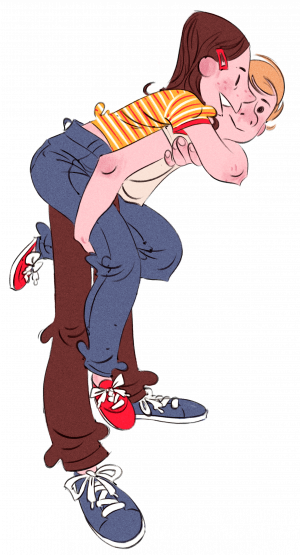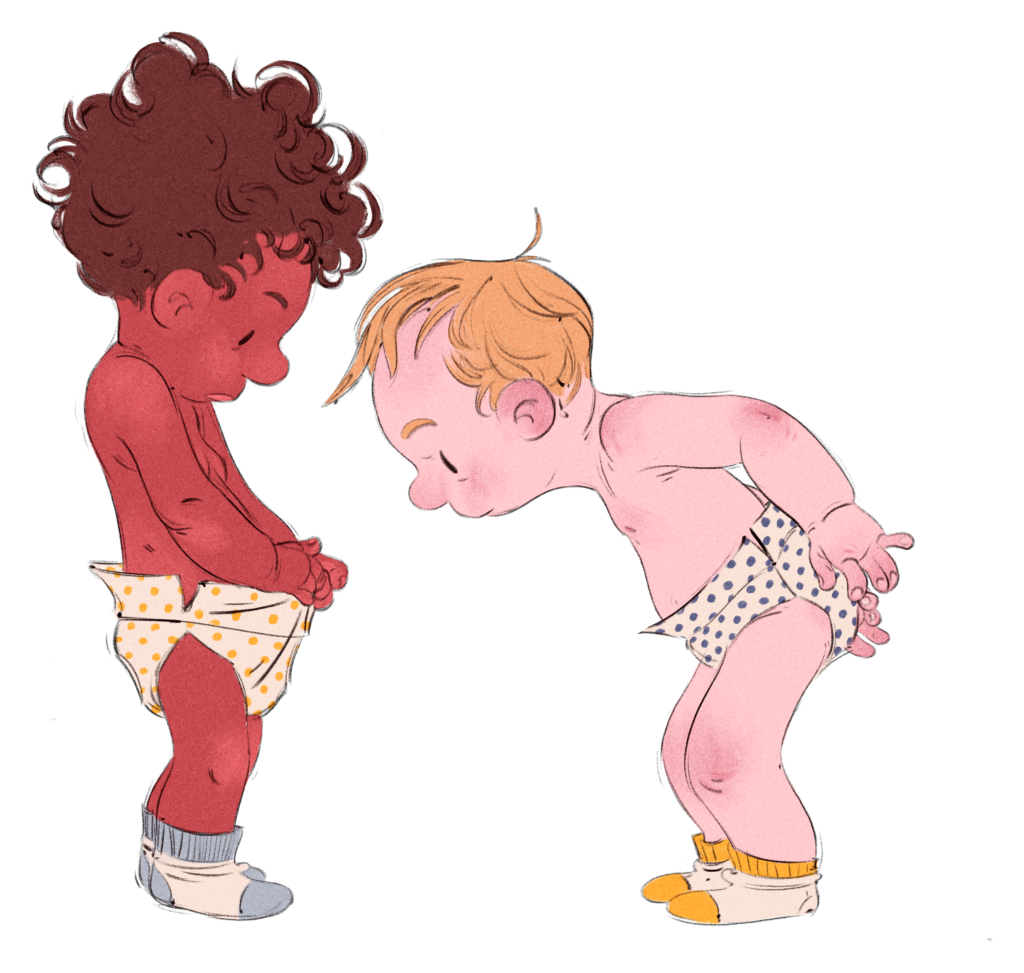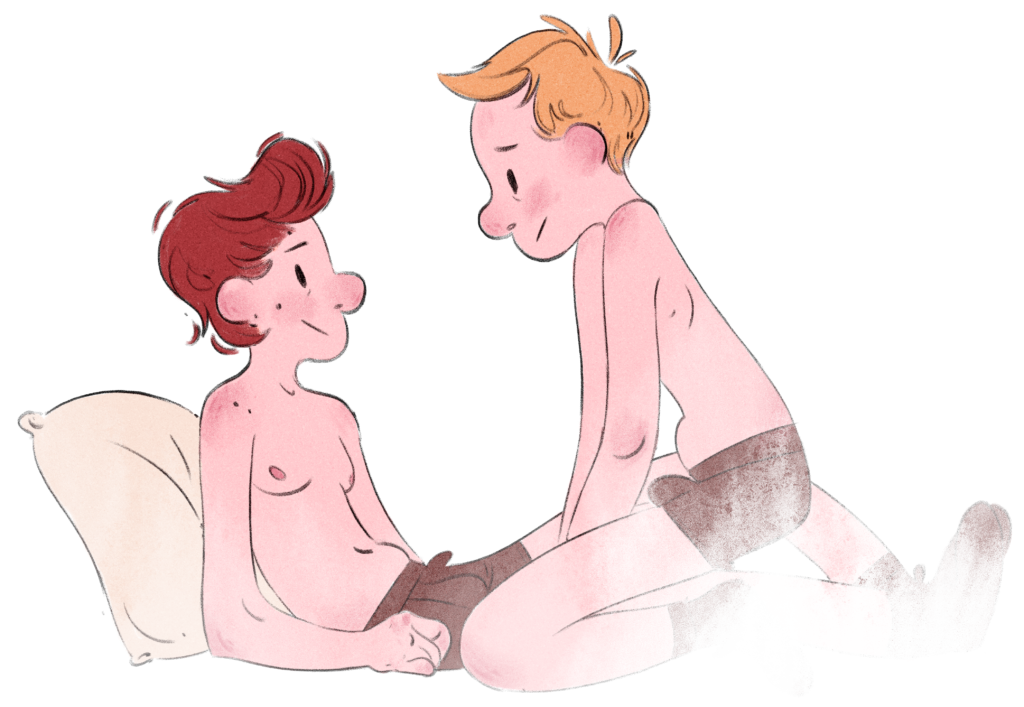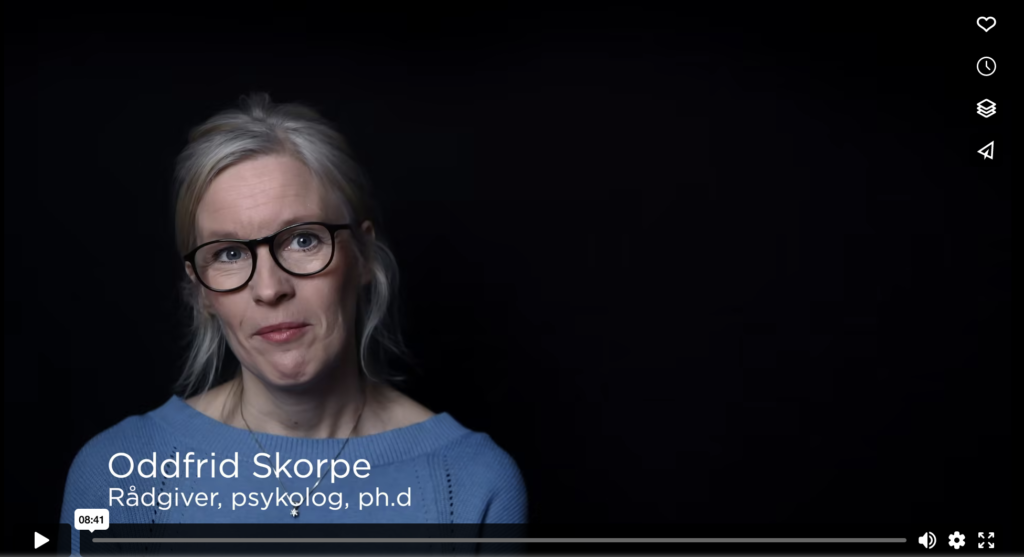Healthy sexual behaviour
All humans are born with a sexuality. It’s a part of the human experience.

Sexuality is a central aspect of being human, driving us to look for love, intimacy and happiness. Sexuality is therefore not just sexual acts like many believe – it is experienced and expressed in thoughts, fantasies, desires, observations, attitudes, values, behaviours, practices, roles and relations.
WHO defines sexuality as “a central aspect of being human throughout life and encompasses sex, gender identities and roles, sexual orientation, eroticism, pleasure, intimacy and reproduction. Sexuality is experienced and expressed in thoughts, fantasies, desires, beliefs, attitudes, values, behaviours, practices, roles and relationships. While sexuality can include all of these dimensions, not all of them are always experienced or expressed. Sexuality is influenced by the interaction of biological, psychological, social, economic, political, cultural, ethical, legal, historical, religious and spiritual factors.”
Healthy sexual behaviours – examples
Children under 5 years
Children between 5 – 9 years
Children between 9 – 12 years
Children between 13 – 18 years
For additional examples of healthy sexual behaviours, refer to “Trafikklyset” in Norwegian. Additionally, explore the “Sexual Behaviours Traffic Light Tool” created by Brook, and the “Traffic Lights tool” developed by TRUE (True Relationships & Reproductive Health) for comparable resources in English.
Healthy sexuality in children
Healthy sexuality in children is recognized by being pleasurable, mutual, divertible and age appropriate. The exploration occurs only between children who wish to participate, and do not feel scared or forced to. The time and place of the exploration is appropriate, without any of the participants feeling exposed. A healthy sexual development often leads to a stellar sexual health.
The development of sexuality occurs parallel to – and is also a part of – the child’s entire development. Sexuality is equally as important as other developments, whether it be motor functions, language or cognition.


Healthy sexuality from WHO
«Sexual health is a state of physical, emotional, mental and social well-being in relation to sexuality; it is not merely the absence of disease, dysfunction or infirmity. Sexual health requires a positive and respectful approach to sexuality and sexual relationships, as well as the possibility of having pleasurable and safe sexual experiences, free of coercion, discrimination and violence. For sexual health to be attained and maintained, the sexual rights of all persons must be respected, protected and fulfilled.»
Children learn by playing and relations
Children learn by – among other things – playing, curious exploration and asking questions. Playing off of peers gives them the opportunity to explore themselves as well. Children also learn though observation and imitation of others, both young and old.
Children are dependent on other humans to learn. This also applies to sexuality. Through contact with other people, children learn about intimacy and trust. They form a self-image, and an understanding of how others see them. They learn about their own and others’ boundaries and preferences, what is expected of them and what is considered allowed, in addition to what’s thought of as taboo in their family and social network.
Adults’ responsibility
Adults’ responsibility is what we can call respectfully observing or fascilitating, i.e. create an environment which encourages healthy sexual development. In most cases this translates to the adult making sure all the children perceive the playing the same way, meaning all participants enjoy themselves. If this is not the case, the playing should be corrected or stopped.
It is important that every child feels cared for, and if reprimanded receives help in understanding what went wrong, and how they can do things differently next time. This kind of response could prevent skewed sexual development and promote a healthy sexuality. The same principles also apply to teens and adults.
Healthy sexual development
See mini-lecture on healthy sexual development and health, presented by psychologist PhD Oddfrid Skorpe Tennfjord, at RVTS Midt. You will find several mini-lectures in the e-learning program.
